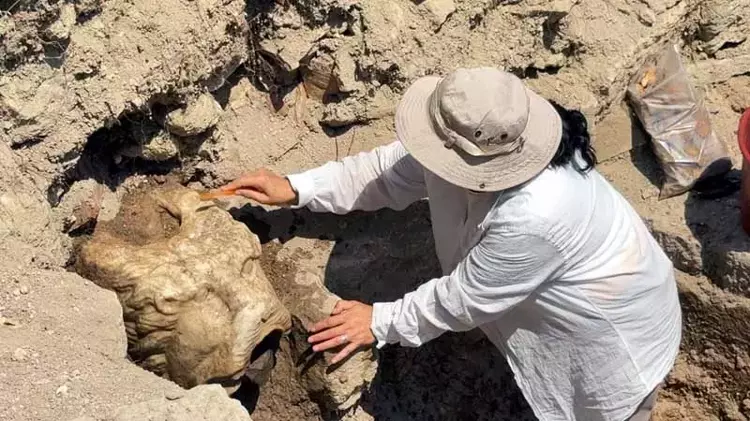
Bathonea Excavations Reveal Olive Oil and Wine Workshop near Küçükçekmece Lake
Archaeologists working at the ancient harbor city of Bathonea, located on the shores of Lake Küçükçekmece in Istanbul’s Avcılar district, have uncovered an olive oil and wine production complex dating to the Late Antiquity.
The discovery was made within the framework of the “Heritage for the Future Project” (Geleceğe Miras Projesi), jointly carried out by the Turkish Ministry of Culture and Tourism and Kocaeli University.
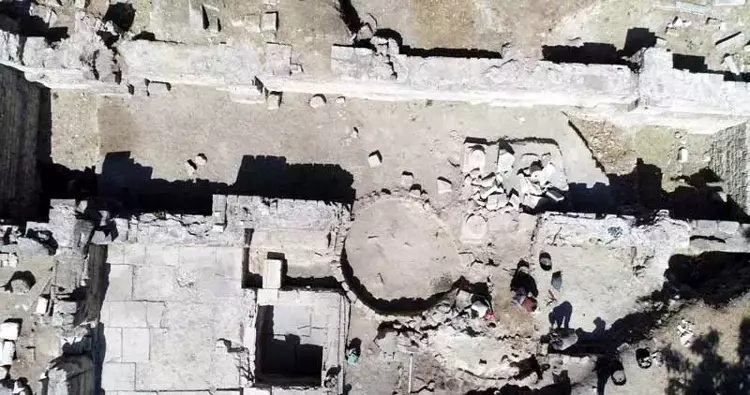
According to excavation director Prof. Dr. Şengül Aydıngün of Kocaeli University, the site has yielded “a large olive oil and wine processing complex,” including pressing platforms, collection basins, and storage facilities. This year’s most striking find was a stone spout decorated with a lion head, channeling liquid into a fermentation pool—a sophisticated design that reflects both craftsmanship and functional engineering.
“We encountered a smaller yet elegantly built structure adorned with a lion-headed spout, through which the liquid flowed into a fermentation pool,” Aydıngün said. “It shows artistic craftsmanship on one hand and an expanding production facility on the other.”
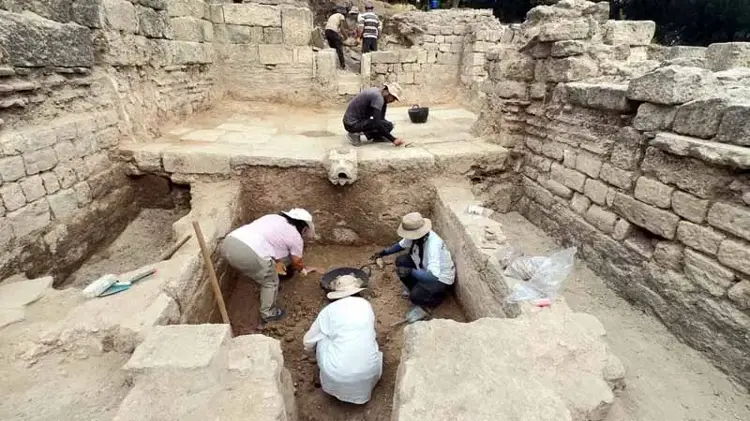
A growing production center on the ancient shore
Archaeologists note that the area fulfills the main criteria of an ancient production facility: a pressing platform, collection and fermentation pools, storage units, and distribution vessels.
Numerous amphora fragments were recovered nearby—some potentially bearing inscriptions referring to production sites or harvest years. The presence of glass drinking cups suggests that the products were also consumed or tested on-site.
📣 Our WhatsApp channel is now LIVE! Stay up-to-date with the latest news and updates, just click here to follow us on WhatsApp and never miss a thing!!
Ritual traces in the workshop
Animal bones found inside one of the pools hint at ritual activities, suggesting that the facility may have held a religious or ceremonial role alongside production. “We’re possibly looking at a place where production, storage, and ritual consumption intersected,” Aydıngün noted.
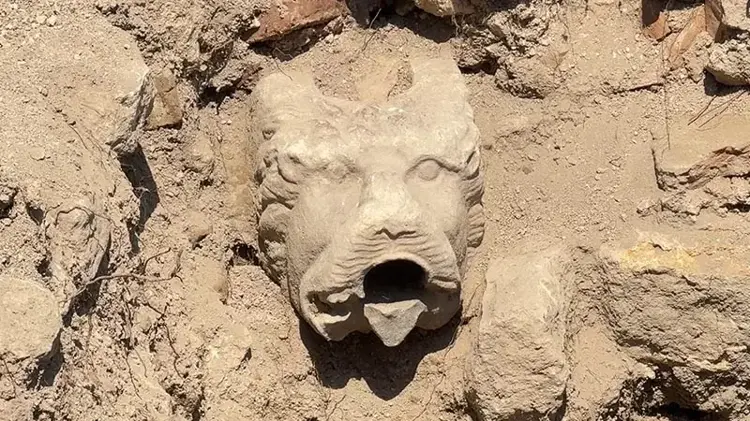
Ancient roots of wine culture
Aydıngün emphasized that wine production dates back some 8,000 years, spreading from Anatolia and Mesopotamia to the Mediterranean world, influencing Aegean and Egyptian traditions. “Wine was considered the drink of gods, kings, and elites before it became part of daily life. In Greek and Roman societies, it had social, religious, and even medical significance,” she said.
The Bathonea discoveries indicate that Late Antique communities in Thrace and the Marmara region continued this long tradition, combining agricultural production and ritual practice in a coastal setting closely tied to trade.
“One of this season’s biggest surprises,” Aydıngün concluded, “is that the Bathonea workshop—whether for olive oil or wine—keeps expanding with every new layer we uncover.”
You may also like
- A 1700-year-old statue of Pan unearthed during the excavations at Polyeuktos in İstanbul
- The granary was found in the ancient city of Sebaste, founded by the first Roman emperor Augustus
- Donalar Kale Kapı Rock Tomb or Donalar Rock Tomb
- Theater emerges as works continue in ancient city of Perinthos
- Urartian King Argishti’s bronze shield revealed the name of an unknown country
- The religious center of Lycia, the ancient city of Letoon
- Who were the Luwians?
- A new study brings a fresh perspective on the Anatolian origin of the Indo-European languages
- Perhaps the oldest thermal treatment center in the world, which has been in continuous use for 2000 years -Basilica Therma Roman Bath or King’s Daughter-
- The largest synagogue of the ancient world, located in the ancient city of Sardis, is being restored

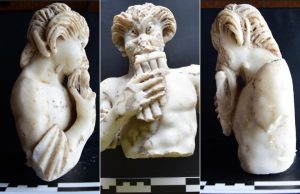
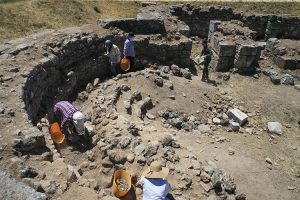
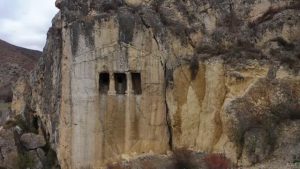
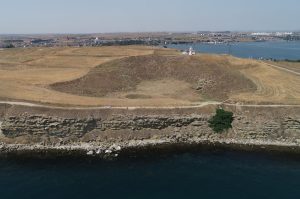
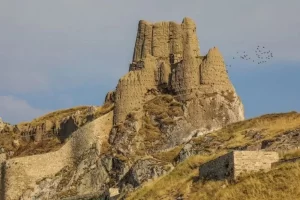
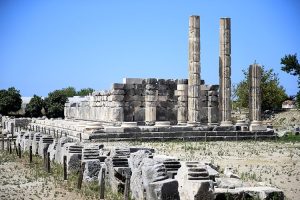


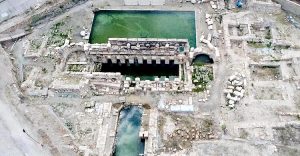
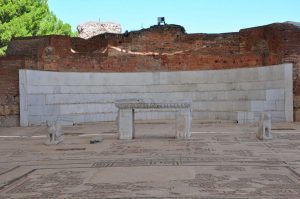
Leave a Reply